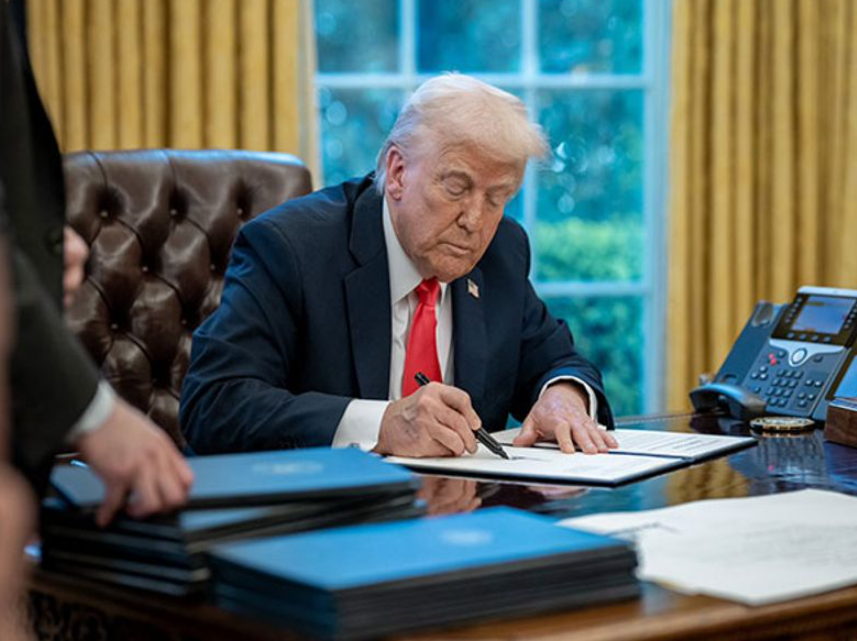- A federal court struck down Trump’s use of emergency powers to impose sweeping global tariffs, calling it unconstitutional.
- The ruling instantly voided most of the tariffs imposed under IEEPA, sending ripples through trade policy circles.
- State attorneys general hailed the decision as a win for checks and balances, while the White House vowed to appeal.
So—big news out of the trade world this week. A federal court just shot down President Trump’s attempt to use emergency economic powers to slap global tariffs on imports. In short? The U.S. Court of International Trade basically said: “Yeah, no. You can’t do that.” And with that, a major piece of the Trump-era trade playbook could be out the window.
The court handed down its decision on Wednesday, dropping a summary judgment in not one but two cases, both challenging Trump’s use of the International Emergency Economic Powers Act (IEEPA) to impose tariffs across the board. The 1977 law was never actually used this way before, and now—well, it won’t be going forward either. The panel of three judges (Reagan, Obama, and Trump picks, so kind of a bipartisan vibe) said the law doesn’t give the president unchecked authority to hike tariffs on basically everything, everywhere.
What Does It Mean for the Tariffs?
In plain English: most of the tariffs that Trump threw on under IEEPA? Gone. The court threw them all out. But don’t get confused—tariffs under other rules, like Section 232 (the ones on steel, aluminum, and cars), are still standing. So not everything got wiped out.
The White House wasn’t too happy about the ruling, to put it mildly. Kush Desai, a spokesperson, said it’s not the court’s place to question how a president handles a national emergency. Stephen Miller jumped in too, calling the decision a “judicial coup” on X (yeah, still sounds dramatic).
Reactions and Fallout
On the flip side, state officials who brought the lawsuit—like Oregon’s Attorney General Dan Rayfield and New York’s AG Letitia James—said this was a win for the Constitution. They argued it was a giant overreach for the executive branch to make huge economic decisions like this solo. Their basic message? Presidents can’t just raise taxes (because that’s what tariffs are, when you boil it down) on a whim. And working families? Businesses? They would’ve taken the hit hard if this ruling hadn’t come through.
Now here’s the kicker: the court didn’t even bother with injunctions or other steps. It just nuked the orders outright. Said they were flat-out illegal. That’s not a slow unwind—that’s a hammer drop.
What Comes Next?
This ruling is probably not the end of the story. The administration already filed for appeal, and there’s a good chance higher courts will get involved. Meanwhile, importers are kind of freaking out. Products are still rolling into U.S. ports every day, and there’s a ton of confusion about what duties even apply anymore.
And don’t forget the global angle—foreign governments now have fresh ammo in trade talks. “This shifts leverage,” said Scott Lincicome from the Cato Institute, pointing out that countries once cornered by Trump’s hardball tactics now have breathing room (and maybe a score to settle).

Long story short: the tariffs that once helped define Trump’s economic policy just hit a legal wall. And unless that wall comes down on appeal? That trade war might be winding down faster than anyone expected.

















